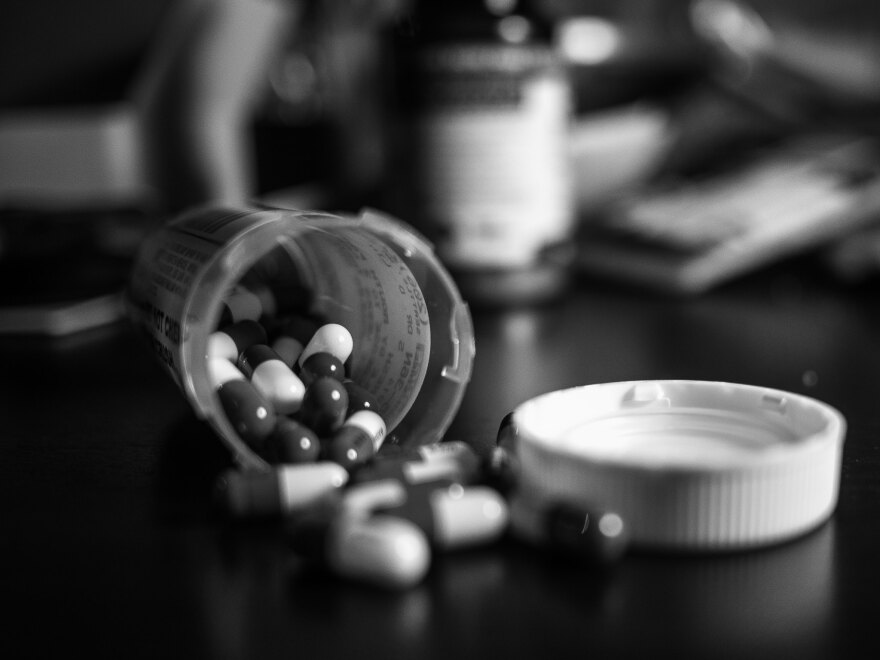Paying attention to gender differences in why people become addicted to opioids can improve treatment, according to a UMass Amherst study.
Public health professor Elizabeth Evans looked at about 600 cases of opioid use disorder from a national database. Her study was published in December's Addictive Behaviors.
She found that both men and women in the group were more likely to have experienced severe childhood adversity than the general population. But the women had more early trauma than the men.
Evans said childhood sexual abuse, for example, can increase depression and anxiety in women, who may self-medicate with opioids. Men were somewhat more likely to have entered opioid addiction through other pathways, such as chronic pain.
Evans recommends primary doctors screen for childhood adversity as a preventive measure. She said some women would benefit from women-only treatment programs, since men well outnumber women in most rehab settings.
“It may not be so helpful to be in mixed treatment settings where they're encountering men, not unlike those who they've been in relationships with in the past, who were sort of elevating their risk for addiction,” Evans said.
Conversely, she said, it may be better for the men to be treated separately as well to remove gender dynamics entirely from the treatment setting.
Evans said other ways to tailor drug treatment to women include providing child care on site, and helping them navigate the child welfare system.
“Many of them are afraid to seek treatment for addiction because of the threat towards maybe losing their parental rights to their children,” she said.
Evans said it's also possible that gender-sensitive therapy would be helpful to address the underlying reasons someone becomes addicted — though she pointed out that medication such as methadone or buprenorphrine is shown to be the most effective treatment for both genders.
Copyright 2021 New England Public Media. To see more, visit New England Public Media. 9(MDIxMDkyNjUxMDE0NDY1Njg1NzRiOTRiYQ000))






